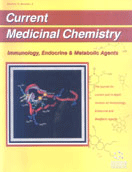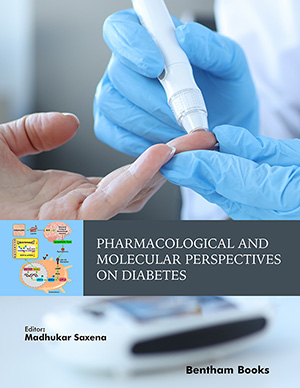Abstract
Advances in angiogenesis research have shed a new light on the growth and metastasic spread of solid tumors, allowing to define new paradigms for cancer treatment. These studies have highlighted the dramatic therapeutic potential of natural inhibitors of angiogenesis, which were found capable of maintaining tumors in a state of dormancy. One of the most promising of these recently described natural inhibitors of angiogenesis is endostatin, a C-terminal fragment of collagen XVIII. In-vitro, endostatin strongly inhibits endothelial cell proliferation and migration. Initial in-vivo studies were impressive, recombinant endostatin was shown to induce regression and prevent the growth of experimental tumors in mice. Several studies by independent teams were published thereafter; they either described different forms of the recombinant protein, or developed gene therapy approaches. Most groups have shown perceptible activity in mouse tumor models, albeit without evidence of tumor regression. More recent studies have failed to show any significant antitumor activity. The resolution of these paradoxes is fundamental for obtaining a better view of the therapeutic potential of endostatin. This may require a better understanding of the mechanism of action of endostatin at the molecular level, which remains largely unknown.
 2
2








